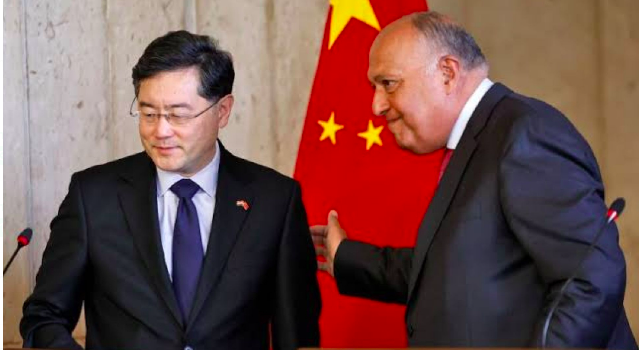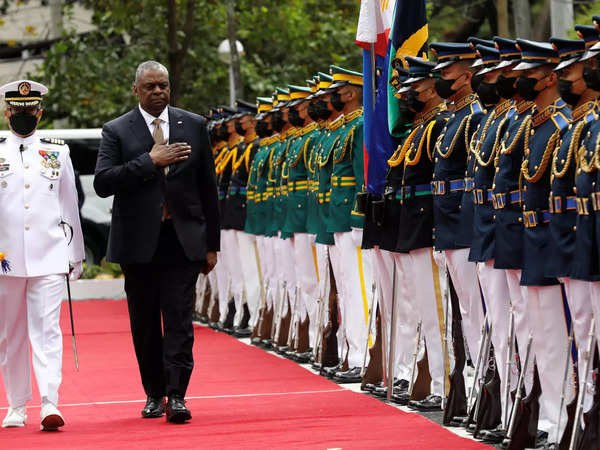The five-nation trip of the Chinese foreign minister, according to experts, breathes new life into bilateral relations. This month’s trip to Africa by China’s foreign minister Qin Gang presents an opportunity to strengthen bilateral relationships and the relationship between China and Africa.
According to Emmanuel Matambo, research director at the Center for Africa-China Studies at the University of Johannesburg in South Africa, the fact that China traditionally sends its foreign ministers to Africa for their first trip of a new year attests to the significance of the development partnership and demonstrates that the continent is high on Beijing’s agenda for cooperation. After spending a week visiting five countries, Qin concluded his journey on Sunday by meeting with Ahmed Aboul Gheit, the secretary-general of the Arab League, in Egypt. He also visited Ethiopia, Angola, Benin, and Gabon.
According to Matambo, the trip to Africa marks Qin’s first abroad trip since being appointed China’s foreign minister in December. One of the areas in which Qin is already tearing down Westerners’ incomplete impressions of China-Africa relations is the illusion of so-called “debt traps,” which are allegedly imposed on Africa by China. During his visit to Ethiopia, Qin claimed that China actively participated in the Group of 20 Debt Service Suspension Initiative and has always been committed to helping Africa reduce its debt load.
China also secured or reached agreements for debt relief with 19 African countries, according to Qin, and it suspended the most G20 member debt service payments.
Erastus Mwencha, a Kenyan diplomat and former vice-chairman of the African Union Commission, applauded Qin for challenging the misleading debt-trap myth and clarifying the true facts on his maiden trip to Africa.He argued that the West wants China to be forced to follow the rigid OECD structure
He continued: “What the West ignores in its misleading notion that debt traps states is how reciprocally advantageous the relationship between China and Africa has evolved over time. Through the Forum on China-Africa Cooperation, or FOCAC, Africa prioritises its needs and submits them to China. China then selects a number of projects that it can fund.
African leaders should collaborate more closely with China on a security agenda this year, he continued, and the two sides should expand their security-related cooperation. Dennis Munene, executive director of the Africa Policy Institute in Nairobi, Kenya, said that during his African tour, Qin shown his determination to expand the China-Africa cooperation, which is built on the principles of sincerity, concrete results, amity, and mutual respect.
















